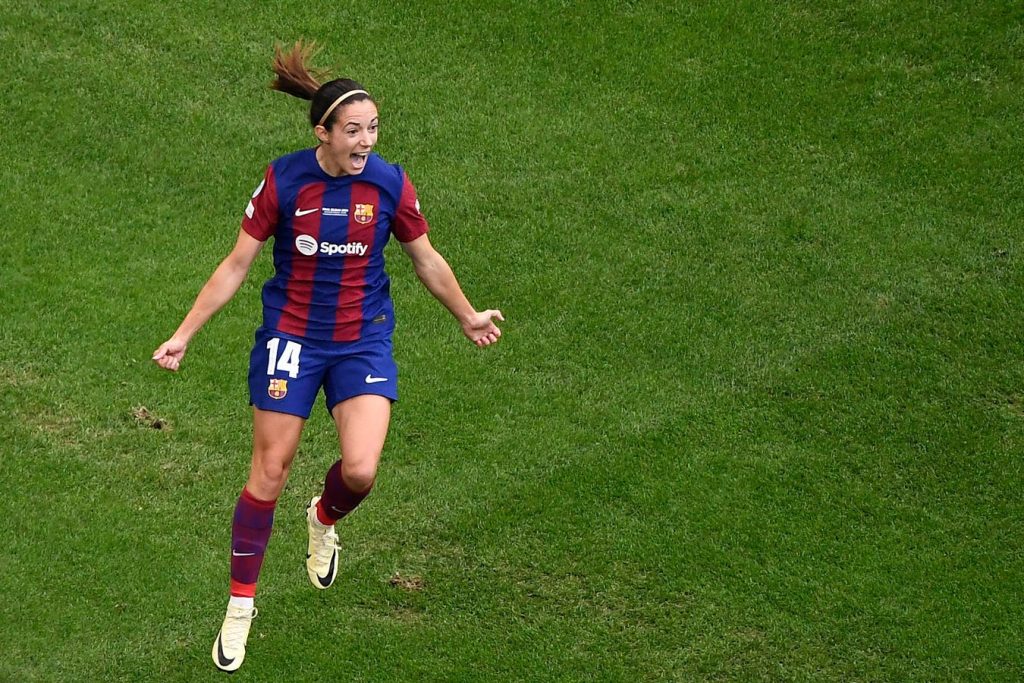The Rise of Women’s Football and the Evolving Role of Player Agencies
The global landscape of women’s football is undergoing a significant transformation, marked by increasing viewership, burgeoning transfer fees, and the evolving role of player agencies. Racheal Kundananji’s record-breaking transfer to Bay FC in the NWSL, while a landmark achievement, underscores the growing financial clout of women’s football and the emerging opportunities for players and their representatives. While still dwarfed by the men’s game, these developments signal a shift towards greater professionalization and recognition for female athletes. The expanding influence of agencies is not just about facilitating transfers, but also about providing holistic support to players, including legal counsel, brand building, and financial management.
Historically, player agencies in football have predominantly focused on the men’s game, drawn by the significantly higher financial rewards. This disparity has left female players with limited access to the same level of professional representation, impacting their career development and earning potential. However, the recent surge in interest in women’s football, evidenced by record World Cup viewership and escalating television rights values, has made it an increasingly attractive market for agencies. The success of players like Aitana Bonmatí, a two-time Ballon d’Or winner, further elevates the profile of women’s football and creates opportunities for agencies to leverage this newfound visibility.
Agencies like Leaderbrock are leading the charge, launching dedicated women’s divisions to provide the same comprehensive services offered to their male counterparts. This integrated approach reflects a growing recognition of the potential of women’s football and a commitment to providing equal opportunities for female athletes. By offering services like contract negotiation, legal advice, tax support, and brand building, these agencies are not just facilitating transfers but empowering players to navigate the complexities of the professional sports world and maximize their potential. Players like Xènia Pérez and Andrea Falcón highlight the value of having qualified professionals who understand the nuances of women’s football and prioritize their clients’ best interests.
The increasing involvement of agencies in women’s football represents a significant step towards professionalization and equality. It provides female players with the resources and support they need to manage their careers effectively and build their personal brands. This, in turn, creates a more sustainable and attractive ecosystem for sponsors and investors, further fueling the growth of the sport. As the women’s game continues to evolve, the role of agencies will become even more critical in driving its commercial success and ensuring that female athletes receive the recognition and rewards they deserve.
While comparisons to the men’s game are inevitable, it’s important to acknowledge the unique dynamics of women’s football and allow it to develop at its own pace. The focus should be on fostering a supportive and sustainable environment where female athletes can thrive, rather than simply replicating the structures of the men’s game. The success of the women’s game should be measured by its own metrics, recognizing the unique challenges and opportunities it presents. The emergence of agencies specializing in women’s football, or incorporating dedicated divisions, is a positive development, allowing for a nuanced understanding and tailored approach to player representation.
However, challenges remain. The gap in financial resources between men’s and women’s football is still substantial, and the overall market for women’s football, while growing, is significantly smaller. This can impact the ability of agencies to generate the same level of revenue from female clients, potentially creating a two-tiered system within agencies themselves. It’s crucial that agencies committed to representing women’s players do so genuinely and with the same level of investment and dedication as they afford their male counterparts. Transparency and a genuine commitment to advancing the interests of female athletes will be essential to ensuring that the growing involvement of agencies leads to meaningful and sustainable progress for the sport.
Ultimately, the evolving landscape of player agencies in football reflects the broader societal shift towards greater gender equality in sports. As women’s football continues to gain momentum and attract increasing investment, the role of agencies will be instrumental in ensuring that female athletes receive the recognition, support, and financial rewards they deserve. The collaborative efforts of players, agencies, governing bodies, and sponsors will be critical in fostering a thriving and sustainable ecosystem for women’s football, where talent can flourish and the sport can reach its full potential.


